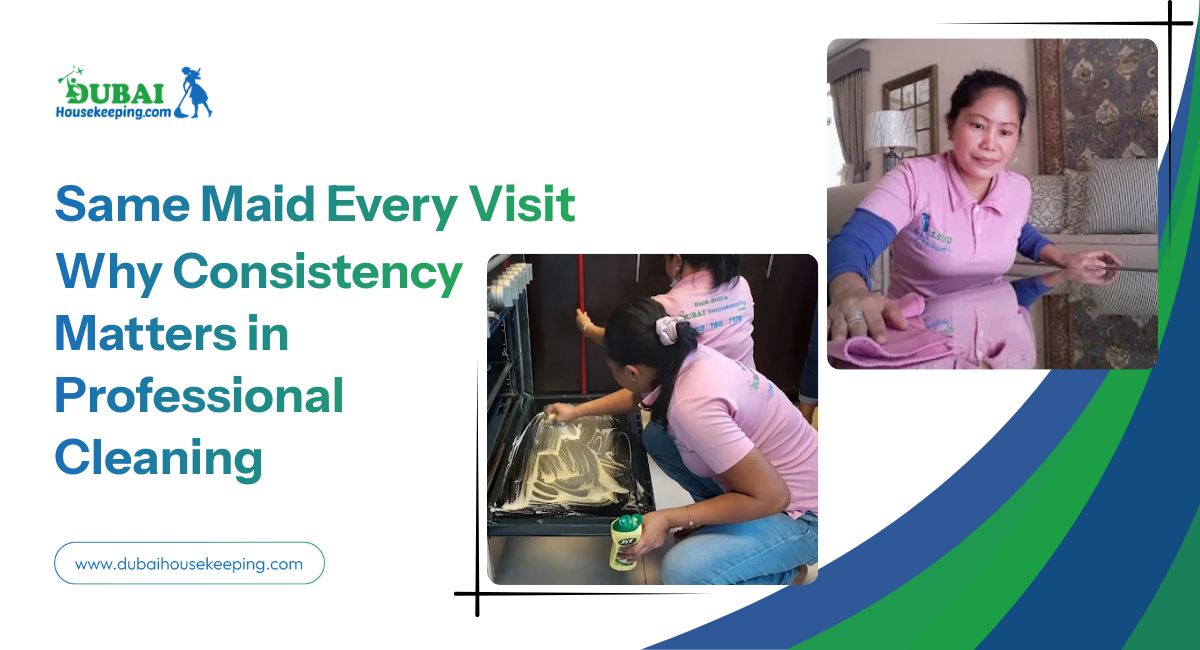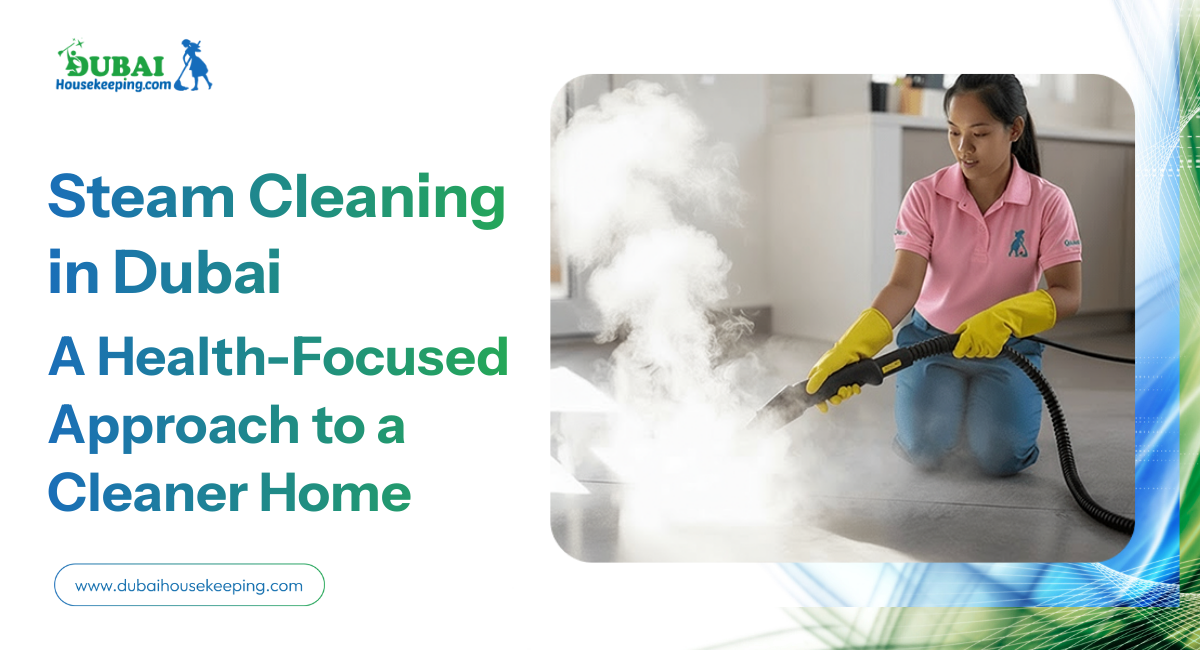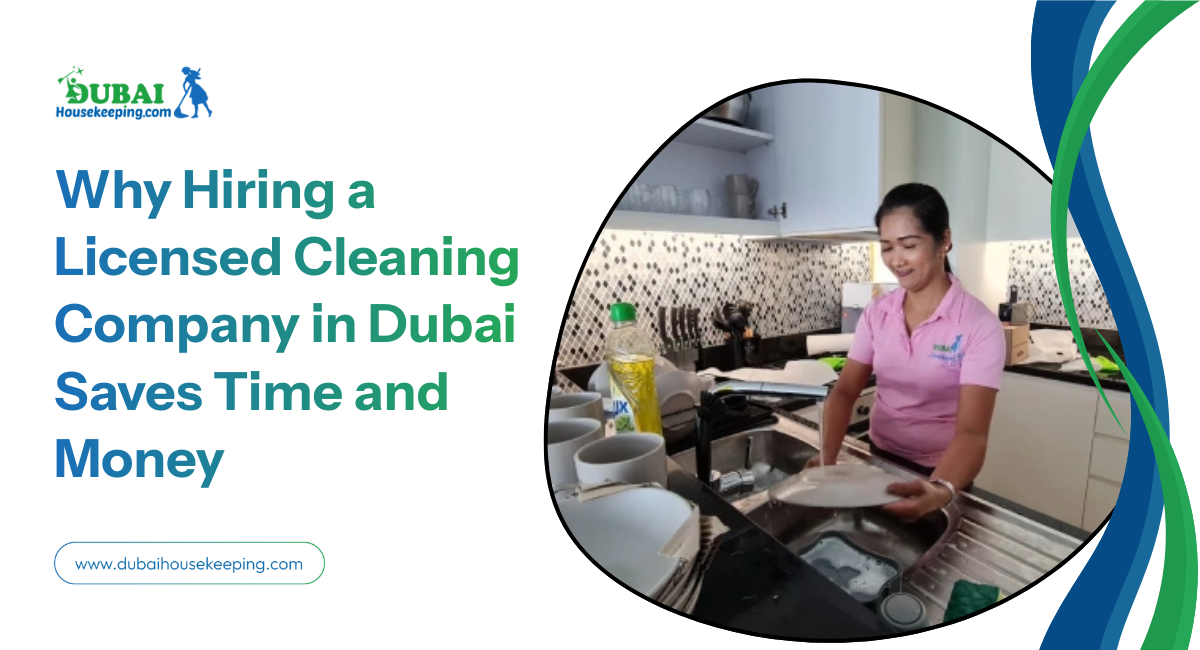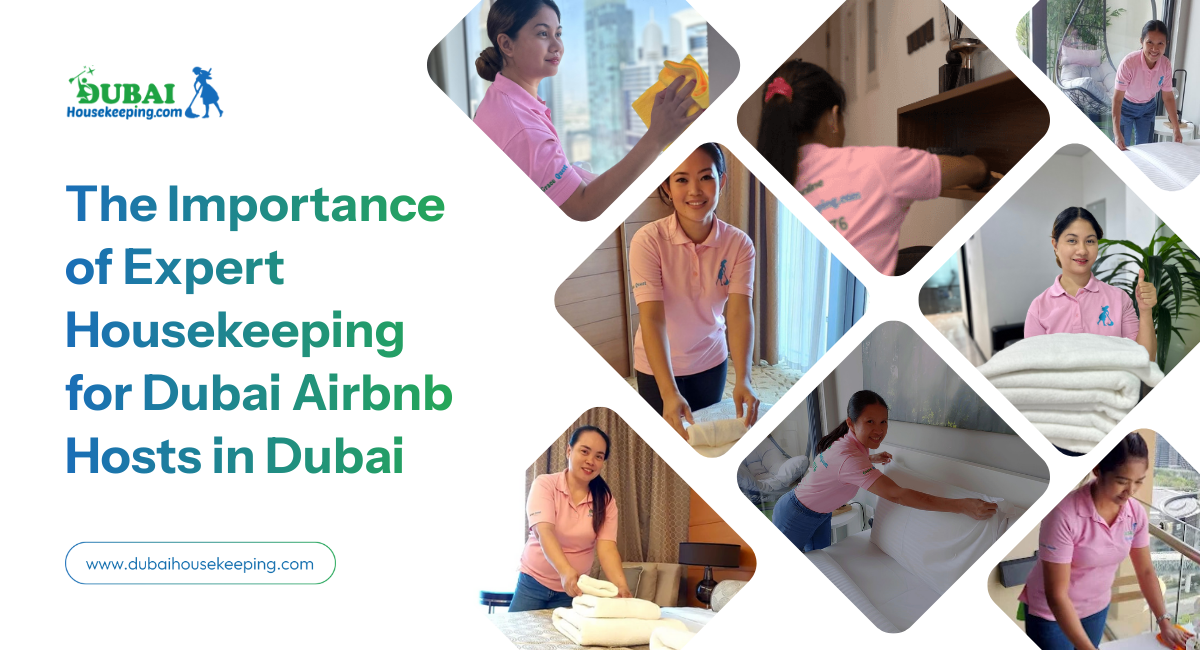As temperatures in the UAE reach unprecedented highs, the Ministry of Human Resources & Emiratization has implemented a crucial measure to protect outdoor workers from the severe effects of extreme heat. Since June 15, 2024, outdoor work has been prohibited from 12 noon to 3 pm, the hottest part of the day, to prevent heat-related illnesses and ensure the safety of all workers.
Our Commitment to Cleaner Safety
In alignment with this directive and prioritizing the well-being of our cleaners, we have ceased all outdoor cleaning activities during the summer months. While we continue to offer all cleaning services that are indoor; outdoor cleaning services are not undertaken this summer. This includes balcony cleaning, external window cleaning, and any other tasks that would expose our team to the harsh outdoor environment across the day. Our decision is rooted in our commitment to safeguarding our staff from the dangers of heat exhaustion, heat stroke, and dehydration.
Recent Tragedy Highlights the Dangers
The recent death of a cricketer in Sharjah after a game, likely due to heat exhaustion, has brought the dangers of high temperatures into sharp focus. The cricketer’s untimely demise serves as a stark reminder of the severe health risks posed by strenuous activities under extreme heat
Understanding Heat-Related Illnesses
The World Health Organization (WHO) has issued comprehensive guidelines on managing heat and health, emphasizing the importance of preventive measures and recognizing the symptoms of heat-related illnesses. These guidelines provide valuable insights into protecting yourself and others during extreme heat. For detailed information, you can read the WHO guidelines here.
Heat Exhaustion
Heat exhaustion arises from extended exposure to high temperatures, often exacerbated by dehydration. Symptoms include heavy sweating, weakness, dizziness, nausea, headache, and fainting. Immediate steps involve moving to a cooler environment, hydrating with water or sports drinks, and resting. If symptoms do not improve within 30 minutes, medical help should be sought.
Heat Stroke
Heat stroke is a critical, life-threatening condition where the body’s temperature regulation fails, causing the body temperature to rise above 103°F (39.4°C). Symptoms include high body temperature, hot, red, dry, or damp skin, a rapid, strong pulse, and potential unconsciousness. This condition requires emergency medical attention. Until help arrives, the person should be moved to a cooler place, cooled with cloths or a bath, and not given fluids.
Dehydration
Dehydration happens when the body loses more fluids than it takes in, disrupting normal bodily functions. Symptoms include extreme thirst, infrequent urination, dark-colored urine, fatigue, dizziness, and confusion. Preventive measures include drinking plenty of fluids, particularly water, and consuming hydrating foods. Severe dehydration may necessitate medical intervention to restore fluid balance.
Recommendations for Staying Safe in Extreme Heat
- Stay Hydrated: Consistently drink water throughout the day. Avoid alcohol and caffeinated beverages as they can contribute to dehydration.
- Dress Appropriately: Opt for lightweight, loose-fitting, and light-colored clothing to stay cool.
- Take Breaks: When working outdoors, take regular breaks in shaded or air-conditioned areas to cool down.
- Use Sunscreen: Protect your skin from UV rays with a broad-spectrum sunscreen of at least SPF 30.
- Monitor Weather Reports: Be aware of heat index warnings and adjust activities accordingly to avoid the hottest parts of the day.
- Recognize Symptoms: Know the signs of heat-related illnesses and act quickly if they occur.
A Call to Our Clients
We kindly request our valued clients to consider the following measures to support our cleaners during this challenging summer:
- Flexible Start Times: Allow our cleaners some flexibility to start their shifts earlier than scheduled to avoid the peak heat hours.
- Avoid Outdoor Work: Refrain from assigning outdoor tasks during the hottest parts of the day.
- Hydration Support: Allow our cleaners to refill their water bottles to stay hydrated.
- Indoor Waiting Areas: Permit our cleaners to stay indoors after completing their work while they wait for transportation.
By accommodating these requests, you help us ensure the health and safety of our dedicated team, allowing them to continue delivering the high-quality service you expect while staying protected from the severe summer heat.
Conclusion
The extreme summer heat in the UAE poses significant health risks, particularly for those working outdoors. By following the Ministry’s guidelines and making adjustments to our service operations, Dubai Housekeeping aim to protect our cleaners from heat-related illnesses. Understanding and recognizing the symptoms of heat exhaustion, heat stroke, and dehydration, alongside taking preventive measures, are essential in preventing serious health issues. Your cooperation and empathy in these efforts are greatly appreciated as we navigate these challenging conditions together.
This information is based in part on expert analysis published in the Khaleej Times.










